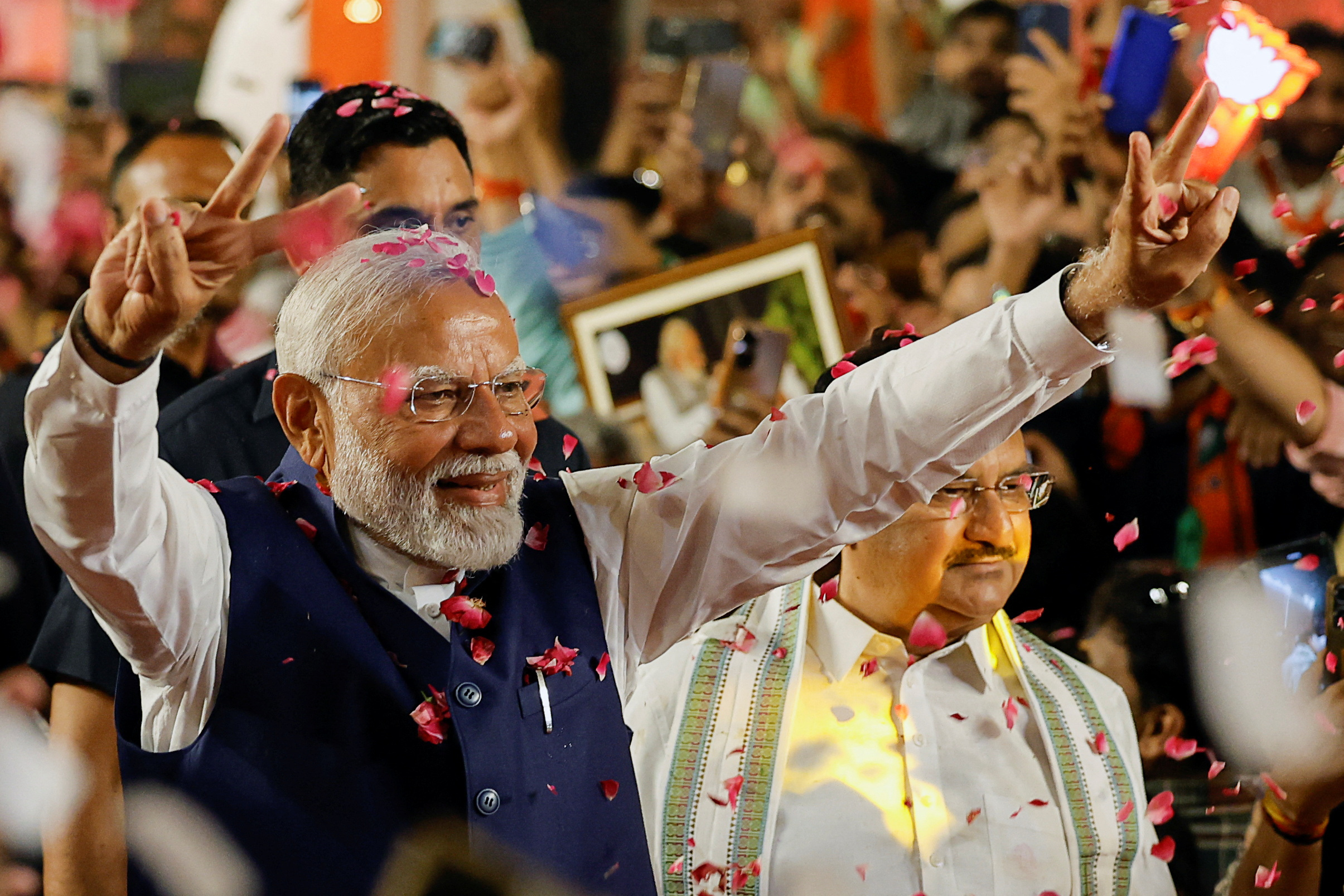Parliamentary elections in New Zealand follow a system of proportional representation known as Mixed Member Proportional (MMP) representation. Here’s an overview of the parliamentary election system in New Zealand:
1. Electoral System: New Zealand has a unicameral Parliament, which means it consists of a single legislative body called the House of Representatives. The House of Representatives is composed of 120 members known as Members of Parliament (MPs).
2. Mixed Member Proportional (MMP) Representation: The electoral system in New Zealand is based on MMP, which aims to ensure that the composition of the Parliament reflects the proportion of votes received by each political party. Under MMP, voters cast two votes: one for their preferred political party and another for their preferred local candidate.
3. Electorates and List MPs: New Zealand is divided into electorates, and each electorate elects one MP through a first-past-the-post voting system. There are a total of 72 electorates. These MPs are known as Electorate MPs. The remaining 48 MPs, known as List MPs, are selected from party lists. Parties create lists of candidates, ranked in order of preference, and the number of List MPs each party receives is based on the proportion of party votes it receives nationwide.
4. Party Threshold: In order for a political party to be eligible for List MPs, it must either win at least one electorate seat or receive at least 5% of the total party votes. This threshold ensures that smaller parties have a fair chance of representation in Parliament.
5. Formation of Government: After the election, political parties negotiate to form a government. The party or coalition of parties that can command the majority of seats in Parliament (at least 61 seats) forms the government. The leader of the governing party or coalition becomes the Prime Minister.
6. Term of Office: The term of office for Members of Parliament is three years. At the end of the term, a general election is held to determine the composition of the new Parliament.
7. Voting Process: Elections in New Zealand are conducted through a secret ballot. Voting is not compulsory, but citizens and permanent residents who are 18 years or older are eligible to vote. The Electoral Commission oversees the administration of elections and ensures fairness and integrity throughout the process.
It’s worth noting that New Zealand has made adjustments to its electoral system over the years, and the MMP system was introduced in 1996. This system aims to provide a more proportional and inclusive representation of voters’ preferences in the country’s Parliament.



